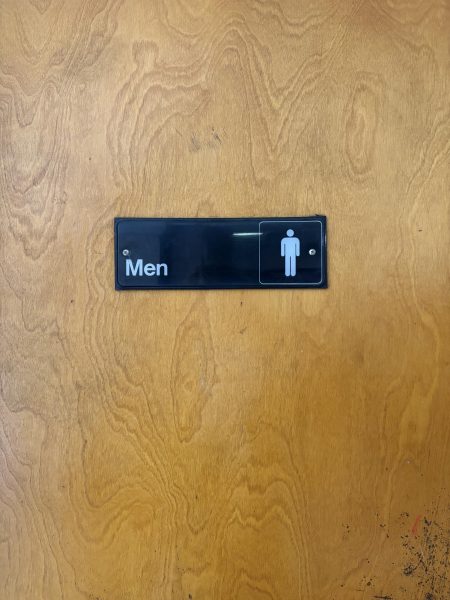5G And Huaweii
The new decade has called for new technologies. For example, 5G. It refers to the “fifth-generation wireless technology for digital, cellular networks” which far exceeds the speeds of 4G, the current standard, but not reliability or practicality: “5G will require lots of small cells [or 5G base stations to project signals] much closer together.”
Many companies are working on it: Huawei and ZTE in China, Ericsson in Sweden, Nokia in Finland and Qualcomm in the United States. Mobile networks only provide this service, while these chip manufacturers allow functional 5G in the phone. However, recent fears have halted production and protests have occluded scalability.
China’s Huawei has noticeably advanced in this race for 5G, which has incited privacy concerns abroad. With the recent trade war with China, the Trump administration is apt to win this battle. The administration, in an executive order issued on May 15, 2019, declared that “foreign adversaries are increasingly creating and exploiting vulnerabilities in information and communications technology and services . . . in order to commit malicious cyber-enabled actions,” like “economic and industrial espionage against the United States and its people” and that “the unrestricted acquisition or use in the United States of information and communications technology or services designed, developed, manufactured, or supplied by . . . foreign adversaries augments the ability of foreign adversaries to create and exploit vulnerabilities in information and communications technology or services, with potentially catastrophic effects, and thereby constitutes an unusual and extraordinary threat to the national security, foreign policy, and economy of the United States.” He also added Huawei and its subsidiaries to the Entity List, a “trade blacklist that bars anyone on it from buying parts and components from U.S. companies without the government’s approval.” Since banning the use of Huawei in the U.S., he continued to press allies to do the same: Mike Pompeo, the secretary of the state, has taunted the possibility that he may withhold intelligence from “nations that continue to use Chinese telecom equipment.”
However, Britain has recently eschewed those declarations, diminishing the threats posed by the U.S., saying, “Our regime is arguably the toughest and most rigorous oversight regime in the world for Huawei.” He also noted that they have dealt with the company for over 15 years. The reason for U.S.’s reluctance is that they believe that Huawei is working on the behest of the Chinese government, and that the technology sold will contaminate their networks. (Ren Zhengfei, Huawei’s founder, commented, “I love my country. I support the Communist Party. But I will not do anything to harm the world,” adding that he would “never harm the interest of my consumers and me and my company would not answer to such requests [from the Party].”
The technology is only in its incipience, and it is already a race to be the leader.
Image courtesy of Nicosariego.






